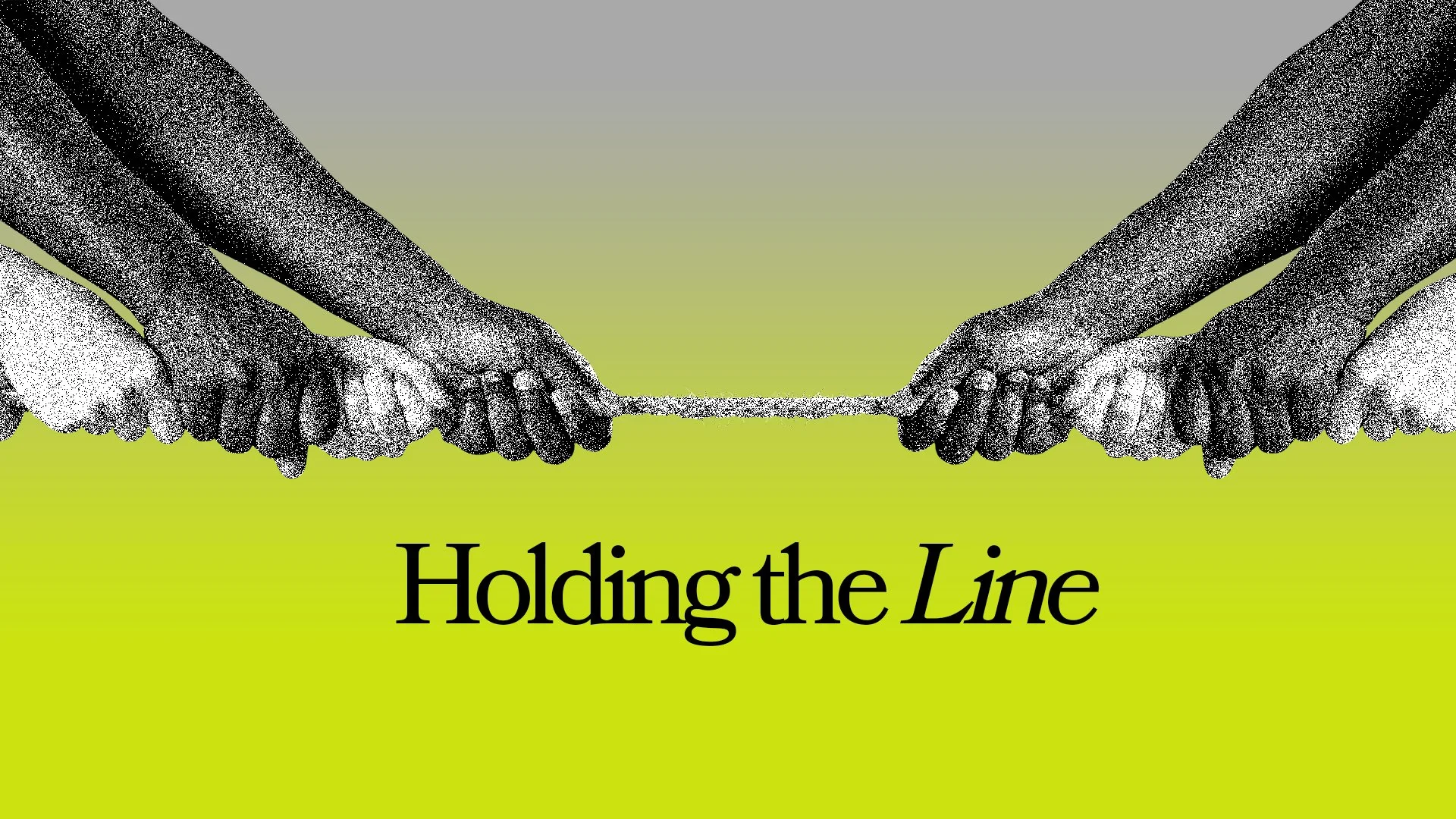By Deo MwanoOrganizations today are navigating a real and understandable tension: the desire to remain true to their mission while also protecting their long-term sustainability. In an increasingly charged social and political environment, this balance has become more difficult to maintain. Yet when organizations grow silent or overly cautious, the consequences are often felt most acutely by the communities they exist to serve.Over the past two decades in the United States, many organizations and communities have engaged in sustained efforts to address longstanding inequities. Groups that have historically experienced marginalization—across many dimensions—have received increased consideration in how their experiences are acknowledged and addressed. This shift has taken many forms: laws enacted to protect specific groups, resources distributed through nonprofits and grantmakers, and programs implemented by government agencies and community-based organizations. While these efforts have not been consistent or comprehensive, they represent a meaningful change in how institutions have attempted to account for diverse lived experiences.At the same time, individuals who did not see themselves reflected in these efforts often experienced frustration and exclusion. For years, these sentiments were largely expressed privately or within like-minded circles. Over time, however, political movements, media outlets, and social platforms amplified these differing perspectives. What were once quieter disagreements became increasingly visible and public.As social media accelerated engagement—often by rewarding conflict—differences hardened into division. Friends, coworkers, neighbors, and family members found themselves exposed to opposing viewpoints without the relational context needed to navigate disagreement productively. Rather than fostering understanding, many conversations shifted toward defending positions, citing selective data, or attempting to “win” debates. As polarization intensified, space for nuance, shared understanding, and thoughtful middle ground diminished.The erosion of shared understanding has had tangible consequences. Some of the principles and progress that guided American institutions over the past several decades—particularly efforts related to inclusion, dignity, equality, and equity—are now being questioned or rolled back. In this climate, many organizations have become hesitant to speak publicly about the missions they embraced in recent years, concerned about reputational risk, funding implications, or political scrutiny.As a result, organizations that serve marginalized communities often find themselves navigating uncertainty—wanting to stay aligned with their values while also ensuring organizational survival. This tension is real, and it is understandable. Yet silence or excessive caution can unintentionally deepen the very gaps these organizations were created to address.For leaders today, this moment raises difficult but necessary questions:How do you represent your mission responsibly in a polarized environment?How do you advocate without escalating conflict?How do you lead with integrity while managing real external constraints?It is important to recognize that the challenges faced by marginalized communities are not theoretical—they are lived realities shaped by ongoing harm and inequity. Leadership voices matter, especially in times of uncertainty. While not every organization can—or should—engage in public confrontation, leaders can still act with intention, clarity, and care.History reminds us that many leaders we now admire faced criticism, professional risk, and personal loss for standing by their convictions. While today’s context is different, the underlying challenge remains the same: balancing courage with strategy.For organizations whose missions center on supporting marginalized communities, the path forward requires planning—not silence. This includes developing thoughtful communication strategies, aligning internal values with external actions, and finding ways to demonstrate care and advocacy that are consistent with both mission and capacity.This season will pass for the better or for the worst. What will endure is how leaders chose to navigate it—how they supported those most affected, how they upheld their values, and how they guided their organizations through complexity with purpose and responsibility.
The DMC Community Transformation Team brings over 25 years of combined experience, collaborating with nonprofits, cities and towns, grant makers, and other nonprofits to make a positive impact. DMC has successfully created programs and campaigns that bridge diverse communities, addressing root causes of problems and facilitating sustainable solutions.






